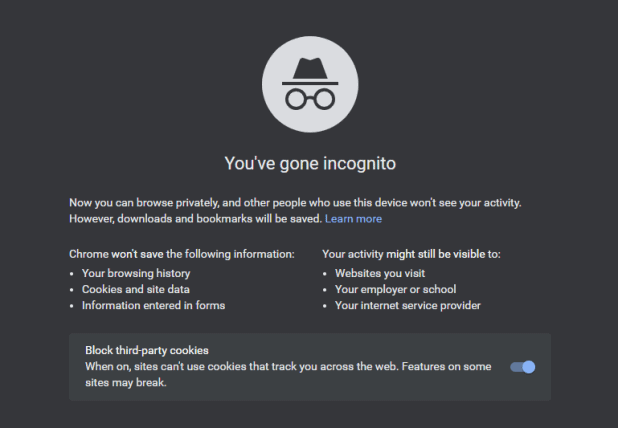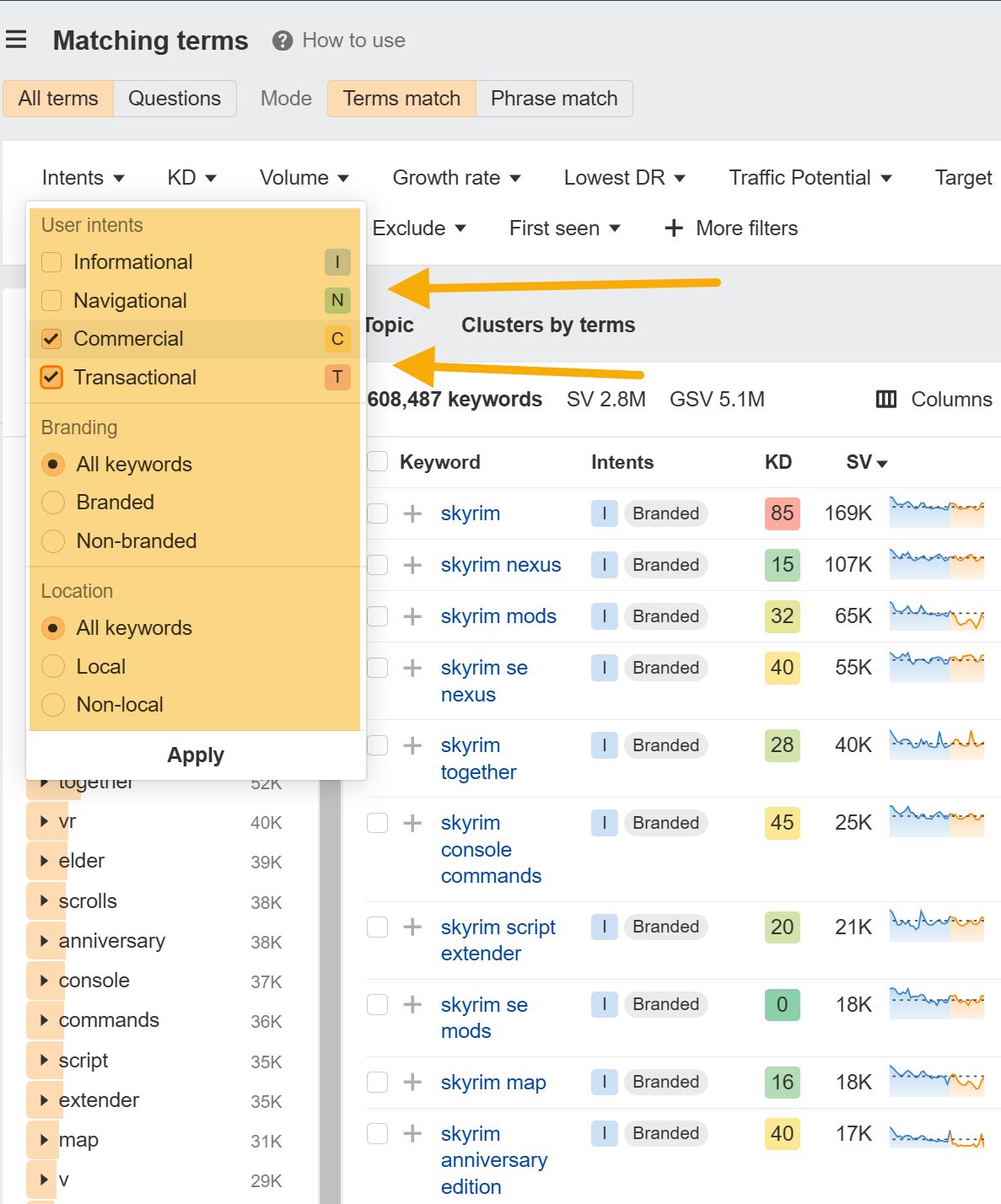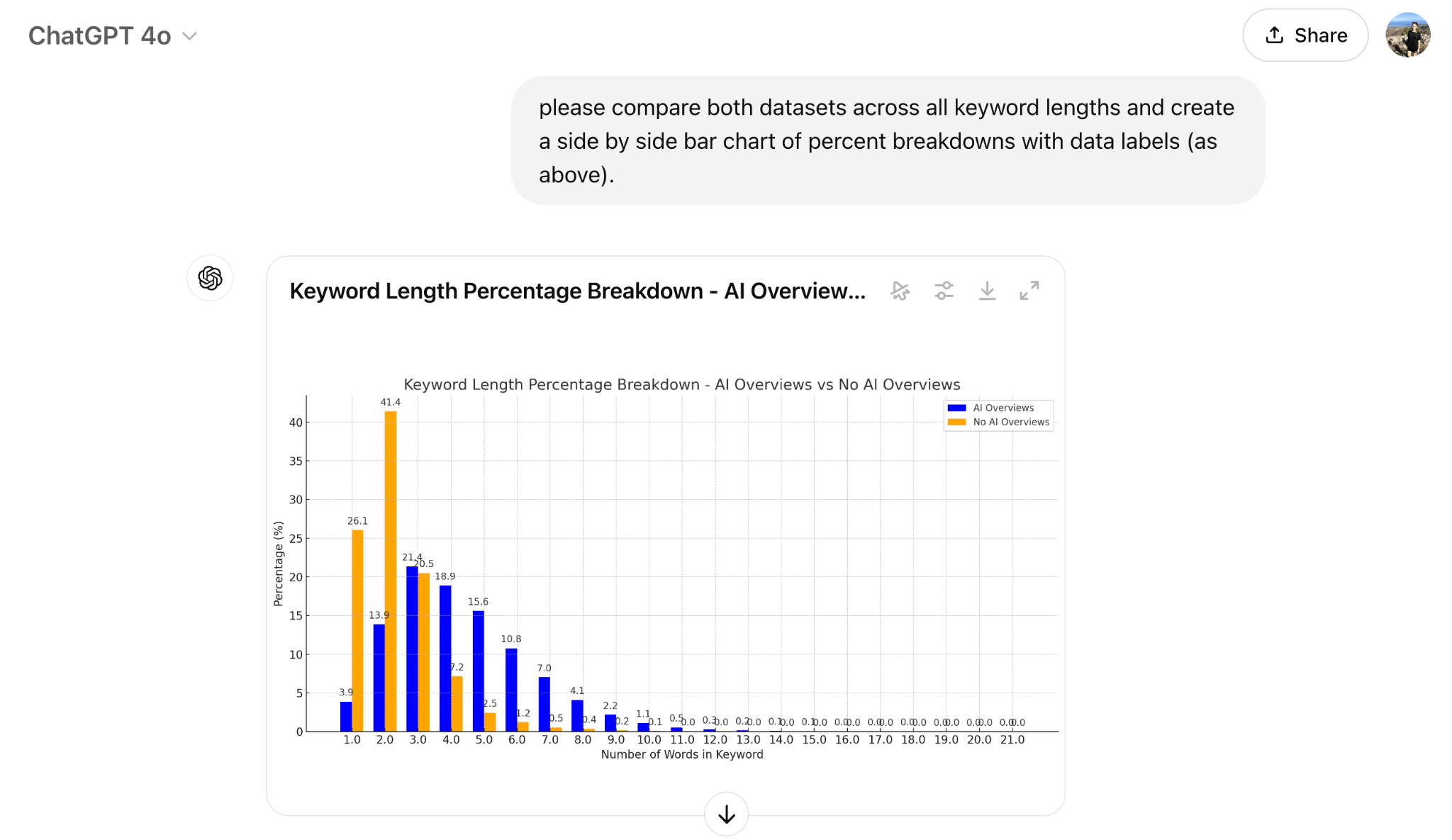
November 11, 2020
By Jade Nazareth in Security Technology
Most internet users who require anonymous browsing or simply want to access streaming platforms that are restricted, draw the virtual curtains and land directly into Incognito mode. But, the question is, “How private is private browsing?”
How do you know if what you’re entering into your browser isn’t recorded? Is the incognito mode really private? The short answer is no. It’s not.
Yes the Incognito mode may shield the websites you enter from cropping up in your browsing history, but that doesn’t stop the internet or your ISP from knowing what you’ve visited, and for how long.
According to stats, around 46% of Americans use private browsing. Most internet users misinterpret the meaning and purpose of private browsing. They assume that this ensures complete privacy and security over what and how they use the internet. But, sadly, that isn’t the case.
How does private browsing (Incognito mode) work?
Incognito mode might strip a bit of history from showing up, but that doesn’t mean it’s completely private and off the grid.
When you enter a website at home or your workplace, your ISP and employees can still see what you’ve entered. This applys even at schools/colleges, where in most cases certain websites are pre-blocked.
Here are some advantages to using incognito mode:
Keeps the browsing history shielded
Using Incognito mode does have its perks such as keeping your browsing history a little private. There are some internet users who know that they’re being logged by their ISP, but simply wish to hide their browsing history from friends or family who use the same device. This is especially helpful at a café. It allows you to wipe your history clean, keeping it safe from the next person who uses the same device.
Deletes account logins
In some cases when you log into your social media or email accounts, you might forget to log out. The next person who uses your device or a public device can easily take advantage of this. Incognito mode automatically logs you out by simply closing the window.
Deletes cookies
Don’t you just hate how each website you enter asks you to accept cookies, to store your data and for use of the website? Private browsing Incognito helps dodge that. The moment you leave a website while in private mode, the browser itself deletes all cookies keeping your endeavors private.
Multiple logins
For those who create pseudo accounts and need to log into all accounts using one platform simultaneously (for instance Facebook) Incognito mode helps with that. Or, if you’re over at a friend’s place and they’re already in the middle of an important session on the same platform you wish to access, you could also log into it at the same time using incognito mode.
However, even though using Incognito mode gives you a little bit of an advantage, it’s still not completely secure nor private.
So, is there a workaround method for it?
Disadvantages to using private browsing
Even though surfing the internet using a Private browser has its perks, there are still many reasons not to trust it completely. Here’s why:
- Just because Incognito mode hides your browsing history from the next person, it doesn’t mean that your history is completely erased! Please make sure you’re not using Incognito Mode for streaming on Netflix, while you’re at work. Your employer can still see the websites you visit when on the job.
- Certain websites track user-data and the websites you visit. All activities and user data are logged. They’ll know how you used the website, your IP address, the time-frame you were online and more.
- Be careful of certain security apps while using incognito. You may think you’ve invested in the best, but downgraded security tools have no power over providing anonymity on private mode.
- Your ISP can still track you in every way possible. Make sure you’re not downloading any illegal content that might be restricted within your country. For instance, many websites and platforms aren’t accessible within Japan. Using an Incognito browser doesn’t change that fact. Your ISP can still track any illegal entries made.
A safer and private way of browsing
Even though incognito mode isn’t actually the most private way to browse anonymously, there are still other ways to work around it. Are you familiar with a VPN? A virtual private network is software designed to encrypt your device, data, and privatize all the websites you visit.
This comes in handy if you ever need added anonymity. It comes in especially handy if you’re not too keen on your ISP or the government tabbing into your online activities.
There are other perks like safe and secure streaming on restricted or blocked websites, improved speeds, military-grade encryption and other advanced features.
Using an affordable VPN software with Incognito browsing will make sure not only that your history is under lock and key, but will also prevent your data from being logged or shared. Websites you visit cannot be traced back to you. This is because a VPN provides you with another IP address. So, any and all data you enter goes directly through an encrypted tunnel.
So, all-in-all, using Incognito mode may shield your browsing history from other users on the same device, but using a VPN will take it a step further, shielding your history and data from not only from other users but your ISP and other surveillance bodies as well.
To conclude
Almost half of the world’s internet population isn’t fully familiar with what the Incognito window is all about. Just because you see some detective glasses under a slick looking Fedora hat, doesn’t mean you’re completely off the radar. Yes, your browsing history can’t really be seen by other users who take over the same device after you’re done with it, but that solves nothing. Using private browsing can only hide so much, but can still be logged and seen by your ISP and others.
Jade Nazareth is a writer at topvpnservice. She takes a keen interest in writing how-to guides and awareness blogs related to cybersecurity measures and software. To instill a little cyber-knowledge in her readers using layman’s terms is what she aims to do.
Content Copyrights Belong to The Author. All Rights Reserved.
We're A Dallas Digital Marketing Agency That is Experts At Social Media Marketing, Website Design and Emarketing and Promotion.



